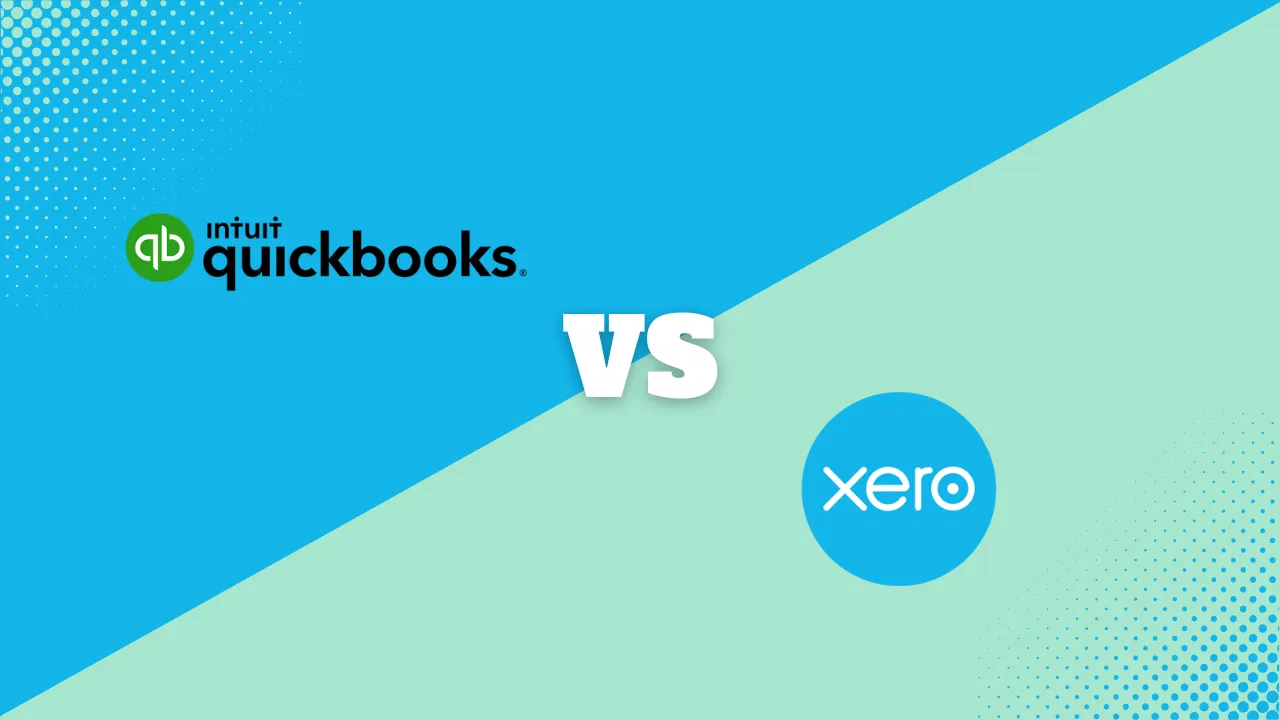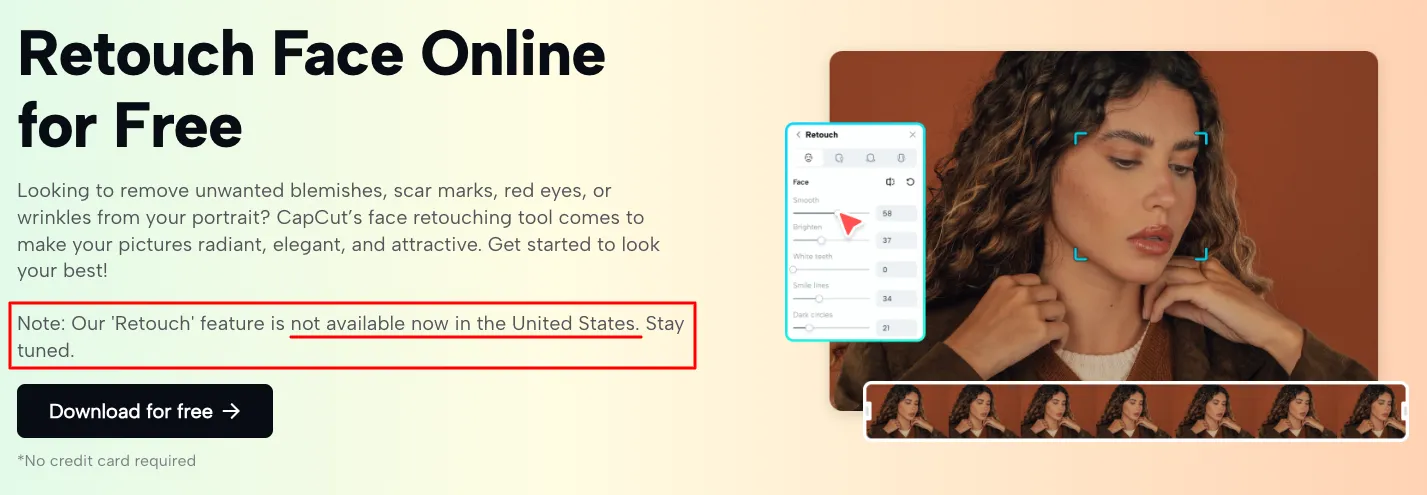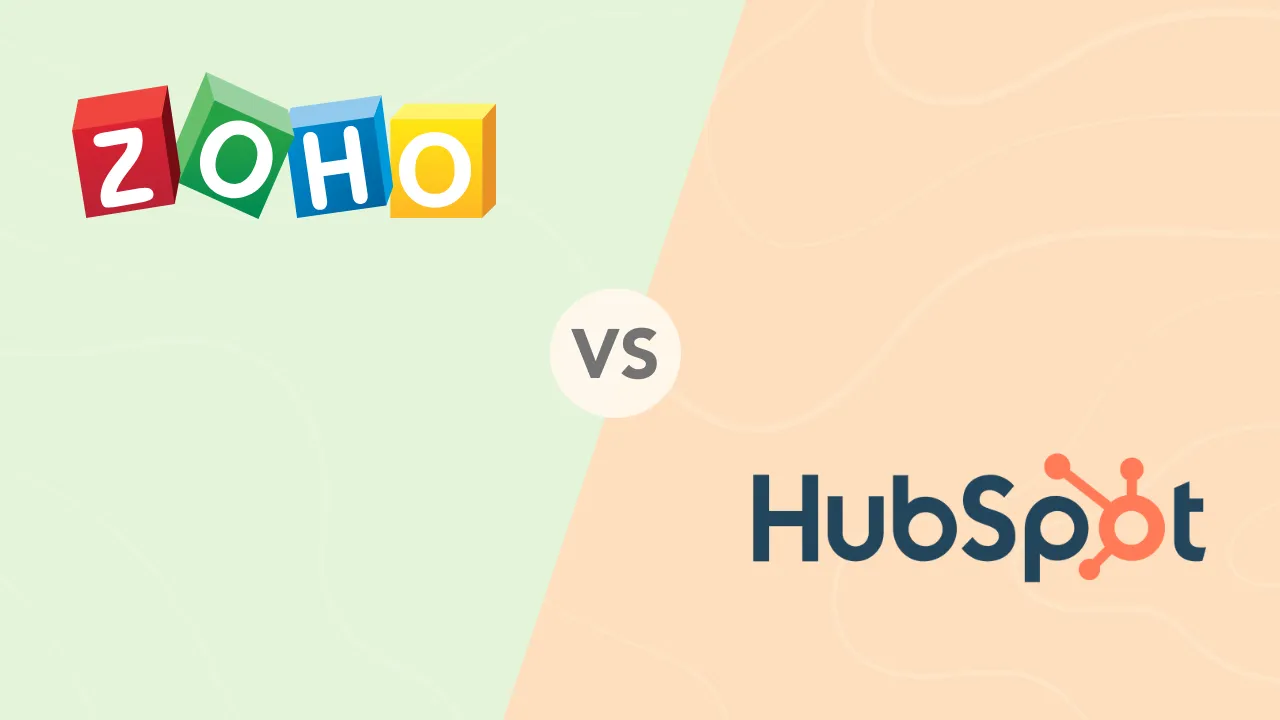How to Choose the Right CRM for Your Business (2025 Guide)

Choosing the right CRM (Customer Relationship Management) software can feel overwhelming, especially with so many platforms out there. But the right CRM isn’t just another tool — it’s a game-changer for attracting, engaging, and retaining customers.
Whether you’re just getting started or looking to upgrade, this guide will walk you through what to consider, what features to look for, and how to find the best CRM that fits your business — including pricing, business type, free options, and more.
Why Choosing the Right CRM Matters
The right CRM streamlines your sales process, improves team collaboration, and helps you make smarter decisions based on data — ultimately leading to better customer experiences and higher revenue.
On the flip side, the wrong CRM can be costly, complicated, and underused.
How to Choose the Right CRM: Step-by-Step
1. Define Your Business Needs
Before looking at software, take a look at your workflows. Ask yourself:
-
What are my top goals? (e.g., increase leads, close more deals, retain customers)
-
Who will use the CRM? (Sales team? Customer support? Marketing?)
-
What’s not working in your current system?
Identifying your core needs helps you narrow the list quickly.
2. Determine Your Business Type
Different CRMs are better suited for different business models:
-
Freelancers & Solopreneurs: Look for simple platforms with built-in invoicing and scheduling (e.g., HoneyBook, vcita)
-
Small Service Businesses: Choose a CRM with automation, email tools, and client tracking (e.g., Pipedrive, ClickUp)
-
Product-Based Businesses: Prioritize inventory integration and sales pipelines (e.g., Zoho CRM, monday CRM)
-
Growing Teams or Larger Businesses: You may need deeper analytics, workflow automation, and custom dashboards (e.g., Salesforce, HubSpot CRM)
3. Set a Budget (and Know What You’re Paying For)
CRM pricing models vary:
-
Free Plans: Many CRMs offer free tiers (like Zoho CRM, ClickUp, and HubSpot) with basic features — great for startups.
-
Freemium Models: Some CRMs are free to start but charge for premium tools like automation or integrations.
-
Monthly Subscriptions: Pricing can range from $10/month to $300+/month depending on features, users, and scale.
When comparing options, check:
-
How many users are included
-
What features are restricted in free vs. paid plans
-
Are there any setup or onboarding costs?
4. Look for Must-Have Features
Every business is unique, but here are features most businesses will want:
-
Contact & lead management
-
Sales pipeline and deal tracking
-
Task and reminder system
-
Email sync and automation
-
Mobile access
-
Custom dashboards and reporting
5. Check for Integration Compatibility
Choose a CRM that works with your favorite tools:
-
Accounting software: QuickBooks, FreshBooks
-
Marketing tools: Mailchimp, Constant Contact
-
E-commerce: Shopify, WooCommerce
-
Scheduling & Communication: Google Calendar, Zoom
6. Consider Ease of Use
A CRM won’t help if your team avoids it. Look for:
-
Simple interfaces
-
Drag-and-drop customization
-
Guided setup or helpful walkthroughs
-
Good mobile app functionality
7. Evaluate Support and Training Resources
Support is essential, especially if you’re transitioning from spreadsheets or another system. Choose a provider with:
-
Live chat, phone, and email support
-
Help center with how-to guides and videos
-
Onboarding calls or training sessions
8. Try Before You Buy
Use free trials or demos to test functionality. Involve your team in the evaluation process and simulate real workflows:
-
Adding contacts
-
Managing deals or projects
-
Sending follow-ups
-
Viewing analytics and reports
Top CRM Platforms to Consider
Here’s a quick overview of popular CRM solutions that small and growing businesses trust:
| CRM Platform | Best For | Key Features |
| monday CRM | Custom workflows and project sync | Sales pipeline, task management, automations |
| HubSpot CRM | All-in-one free CRM | Contact mgmt, marketing tools, sales analytics |
| Pipedrive | Sales-focused teams | Visual pipelines, deal tracking, automation |
| Salesforce | Enterprise-level features | Custom dashboards, automation, integrations |
| HoneyBook | Creative solopreneurs & freelancers | Proposals, payments, project mgmt |
| Zoho CRM | Small to mid-sized businesses | Free plan, AI features, automation |
| ClickUp | Work mgmt + CRM combined | CRM tasks, dashboards, workflow customization |
📌 Need help comparing options? Use our CRM comparison tool to find the perfect fit for your goals
Final Thoughts
The best CRM for your business is one that matches your current needs, works with your existing tools, and fits within your budget. Don’t overpay for features you won’t use, but don’t cut corners on things like automation, reporting, or mobile access if they matter to your workflow.
Remember, a CRM is more than a contact database — it’s your command center for growth.




